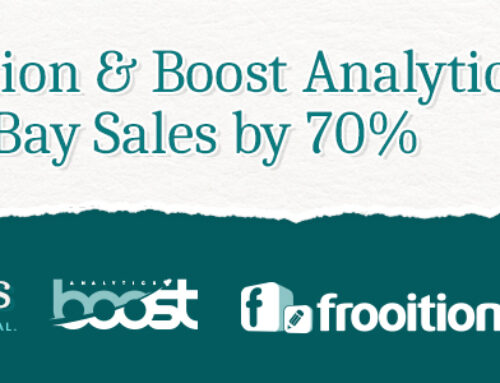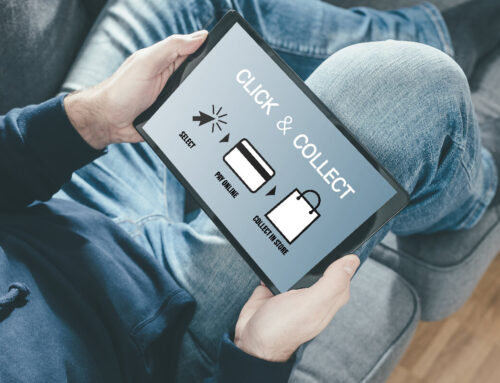
B2B selling is a funny old business. Historically, wholesale and distribution companies have been built on the back of personal relationships and may have been reticent to embrace the world of eCommerce fully.
But the world is changing, and more B2B buyers expect a B2C sales experience in their business transactions.
This includes clear insight into pricing, stock availability, and shipping details. For example, if a buyer clearly understands when items are due in stock, they can better make plans for merchandising that stock and quickly moving it out of the door.
However, adopting B2C sales practices in your B2B operation doesn’t just benefit the client. There are genuine benefits to the B2B seller as well.
7 Reasons Why B2B Sellers Need To Move More Business Online
- Personal relationships cost money: Maintaining those personal relationships via phone, email, and in-person can be expensive and time-consuming. It’s also highly likely that your smaller clients will put more pressure on your resource than many of your more lucrative accounts. Because time is money, you should always focus most of your efforts on the people who pay you the most. Everyone else should be referred to your website. If your website works as it should, they may never need to pick up the phone again.
- Drive efficiencies and reduce errors: By taking orders over the phone or in person, you essentially repeat a process that the client has already done. This extra step also creates more opportunities for errors to enter the process, reducing the time you spend resolving problems and protecting your reputation.
- Get paid or raise invoices instantly: Nothing greases the wheels of commerce better than a payment landing directly in your bank account. But just because you make a sale online doesn’t mean that customers cannot pay on account. B2B eCommerce platforms like BigCommerce allow you to define how individual clients pay their bills based on their customer accounts.
- Improve communications: When clients buy online, they are instantly presented with the information they need to ensure the correct discounts, shipping costs, and delivery schedules have been applied. Simple transactional emails can help keep your customers better informed about their orders. Better still, by integrating with third-party fulfilment software, you can let your customers know precisely where their orders are. Better communications save money by reducing the amount of time customers spend on the phone chasing orders.
- 24/7 operations: With the best will in the world, nobody wants to be taking calls from clients outside of office hours and at weekends. A B2B website extends your hours of operation without having a negative impact on your work/life balance.
- Go direct: A controversial point for many B2B sellers. However, at Frooition, we are increasingly called on to build sites that allow companies to serve the needs of both business customers and direct consumers as more wholesalers and distributors are looking at the opportunity of selling directly to the consumer.
- Customers prefer online service: It should be obvious by now that many customers just enjoy the convenience of ordering online. This is the way they live their lives in the B2C world. So why should B2B be any different?
It’s time for change
Just because you’ve always done something a specific way doesn’t mean that change is bad. In fact, saying, “We’ve always done it this way,” could be one of the most dangerous things you can say in business today.
To learn more about how Frooition can help your build a B2B eCommerce site with all the functionality your customers have grown accustomed to in the B2C world, book a 15-minute discovery call with one of our B2B eCommerce experts.







